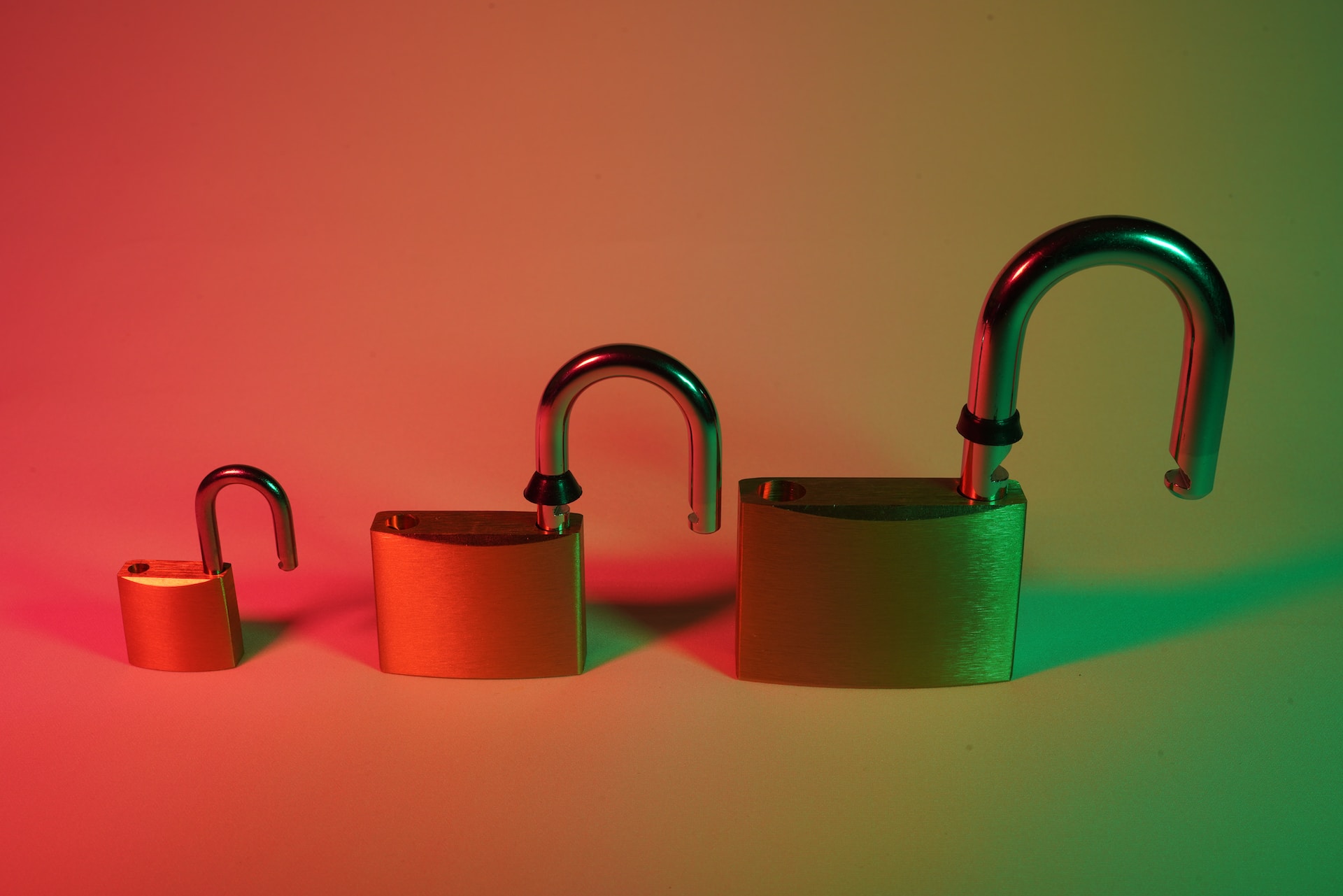Author: Alberto Moreno Photo: https://unsplash.com/photos/R-LK3sqLiBw
The importance of using toxin-free materials at home has never been greater. While traditional cleaners are shifting toward safer alternatives, we should examine the other stress-causing chemicals in our daily environment.
Natural Air and Plants
When it comes to cleansing the air in our homes, aerosol air fresheners, plug-ins, and scented candles have long been popular choices. While these options smell nice, they contain chemicals – such as VOCs (volatile organic compounds) – that negatively impact our health.
Toxin-Free Bedroom
The bedroom should be a place of refuge, but your furnishings can cause an allergic reaction. Fortunately, there are some easy ways to control the number of toxins in your bedroom.
What’s in your mattress?
Your mattress introduces two main areas of concern: what it’s made of, and what’s in it.
First, it’s best to consider buying a mattress made of dense or natural materials since traditional mattresses are a hotspot for bacteria. By switching to natural latex, bamboo, coconut coir, or another natural material, you’ll significantly reduce the risk of an allergic reaction.
The best bedding
There are plenty of natural alternatives to bedding made with synthetic, chemical-treated materials. An essential characteristic of hygienic bedding is that it is breathable. Natural fibers, like cotton, bamboo, linen, silk, and wool, offer superior breathability without uncomfortable static electricity or skin sensitivity.
Furnishing health
The furniture in your bedroom, outside your mattress, is a not-so-obvious source of chemical toxins. There are chemical toxins found in your curtains, the paint on your bookshelf, the plywood backing on your dresser, and the stain-resistant treatment on your chair. Avoiding plastics is especially crucial to creating a healthy bedroom.
You can avoid bringing extra toxins into your bedroom by choosing furnishings made from these materials…
- Glass
- Ceramic
- Metal, including stainless steel
- Natural wood or bamboo
Natural materials anywhere in the home are more expensive than furnishings made with synthetic materials. Protecting your health in the long term far outweighs the price.
Toxin-Free Kitchen
A big part of maintaining chemical stress-free health is how you eat and cook. Highly processed foods have plenty of added sugars, preservatives, stabilizers, artificial flavoring, dyes, and so on. The basic ingredients we cook with – that is, the fruit, vegetables, nuts, meats, and dairy in our diet – can contain mercury, fertilizer, growth hormones, insecticides, and antibiotics.
Organic eating is one way you can improve the overall quality of the basic ingredients you’re cooking with. By choosing organically grown or raised foods, you take a huge step toward ruling out synthetic pesticides and fertilizers, plus the other chemicals to make our food look or smell better, last longer, or grow bigger. While it may not be possible to edit all the chemical toxins from your diet, there are ways to mitigate it:
- Organic eating
- Don’t use Teflon-coated cookware (Teflon contains PFOA — they often cause kidney and liver diseases, infertility, and thyroid disorders, among other things).
- Avoid canned/preserved food unless you canned/preserved it yourself.
- When possible, avoid convenience foods.
Toxin-Free Cleaning
Standard household cleaners can irritate the eyes, skin, and lungs, cause burns and rashes, and much more. Fortunately, natural cleaning is not only a cinch but also much cheaper.
Below, you’ll find a few handy natural cleaners to replace those harsh chemicals.
- White vinegar. Used by itself or with water, this basic cleaner is an excellent degreaser and general cleaner.
- Baking soda. Baking soda is a great scrubbing agent for scratch-proof surfaces with tough grime.
- Salt. Like baking soda, salt is good for scrubbing tough grime when liberally applied to a sponge.
- Hot water. Applying hot water to hardened dirt, and allowing it to sit for 10 minutes, will soften the dirt.
- Towels. Aside from using them to wipe things dry, you can put a few drops of your favorite essential oil on a towel and throw them in the dryer in place of dryer sheets.
Conclusion
A home is supposed to be a refuge, but if it’s filled with chemicals causing health problems for you and your loved ones, it becomes a source of stress and unhappiness. By creating a chemical stress-free home, you’re taking positive steps forward for the well-being of the entire household.
Alberto Moreno is a content writer for Porch.com, with a passion for health and wellness. His hobbies are reading, traveling, and promoting a healthy lifestyle.











